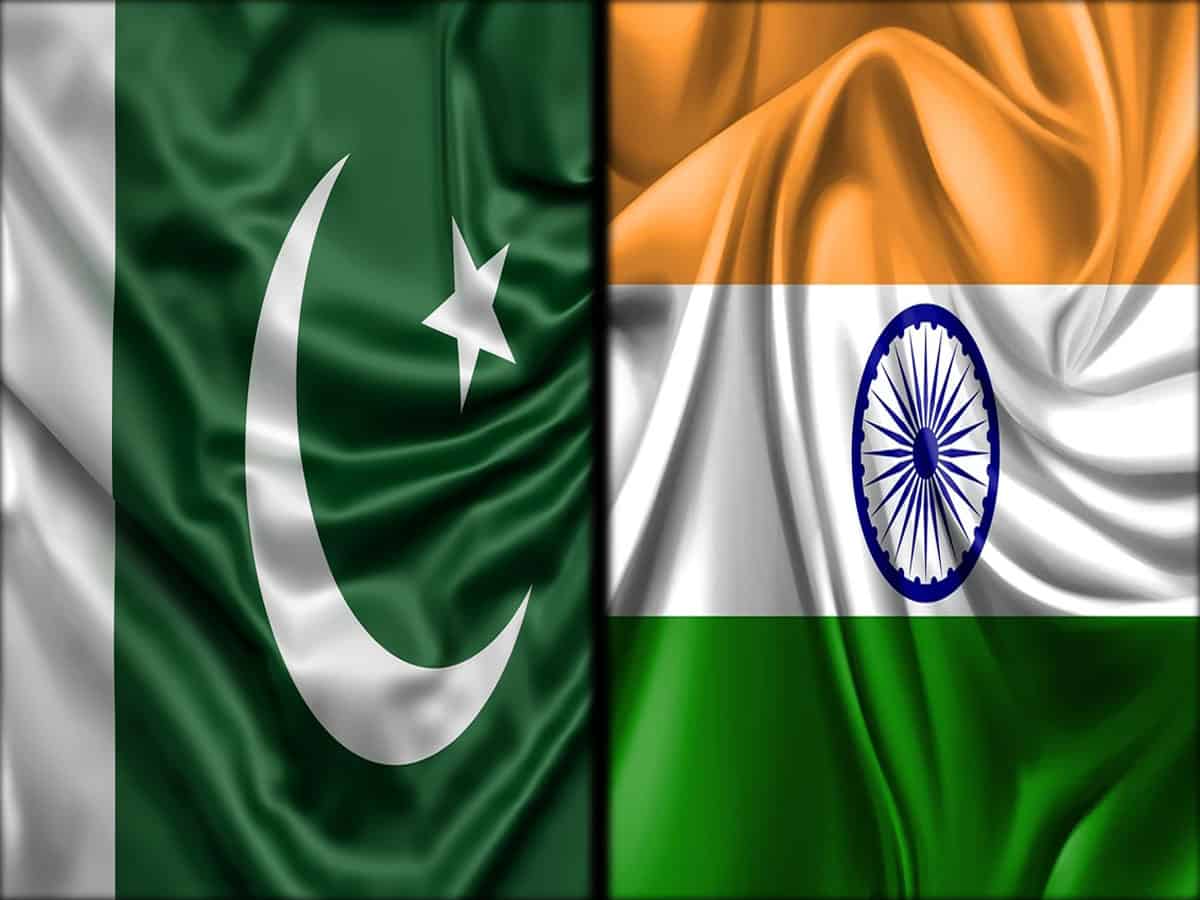

Developments in Pakistan cannot be ignored as something which is a country-specific problem. Before and after the ouster of Imran Khan’s government in early April, Pakistan has been on a roller coaster ride with no idea where it would land, and this would have serious repercussions for its immediate neighbours in particular and the world at large. Pakistan’s biggest advantage of its geo-strategic location in South Asia also is its bane, that’s why the world should be worried about what is happening over there.
There is now direct clash between the political class( es) and the establishment, which unmistakably is read as army, having its control over the domestic and foreign policies – sometimes it is in the open, and on other occasions maneuvering is done behind the façade of the civilian leadership. Imran Khan has been particularly critical of the army and has even warned that if it failed to act, the country may disintegrate and the nuclear power status would also be at risk. This is blasphemy in Pakistan, where nuclear weapons have been sanctified and above any criticism. Imran has violated that sanctity in Pakistan , and the result is that army spokespersons have warned him and others who have dragged the establishment into the middle of their political battles. There have been many direct attacks and insinuations by Imran Khan’s Pakistan Tehreek-e- Insaaf ( PTI) and also by the ruling alliance’s leading partner Pakistan Muslim League ( Nawaz) or PML-N. The leading light of PML ( N) Maryam Nawaz, also information and broadcasting minister has been no less harsh on the role of the army. However, her grudge is against the former ISI chief Faiz Hameed, whom she accused not only being eyes and ears of Imran Khan but also “ hands though which political opponents were throttled.”
Confrontation between government and opposition
Confrontation between the government and opposition is escalating. Imran Khan’s “ Long March” on Islamabad may have failed for various reasons, ranging from low attendance to the government action against protestors before and after the “ march, but former Prime Minister continues to target the coalition government led by his bête noire Shehbaz Sharif. He has got more ammunition to fire at the government, in addition to his “ conspiracy and collaborators “ theory, which he alleges was responsible for his ouster. the fuel prices have gone up, food shortage is staring at the country and the inflation is in a long and high jump mode. The government has nothing to defend itself, except blaming the Khan government’s legacy of insolvency that it inherited. But that is not convincing for the commoners who think differently from the corridors of power.
Such is the alarming nature of the crisis that some of the Pakistan watchers have forecasted intervention of the army to put a lid on the troubles rocking the country. These scenarios are fraught with dangerous consequences – one, it would mean the reversal of the revival of democracy since the 2008 elections after a nearly- decade long military dictatorship under Gen. Pervez Musharraf, secondly, the army is not having any magic wand to pull the country of the economic collapse in which it has landed because of the political turmoil, mal-governance and strategy deficit. Loans by friendly countries like China and Saudi Arabia, or by international organisations like International Monetary Fund are not charities. Those are to be paid back. Given the current economic situation in the country, Pakistan is in no position to pay back the loans, rather the bitter truth is that it cannot survive without getting more financial support from these countries or the international organizations. The army, too, would be cautious in taking over in these times when it knows that costs are far heavier than the benefits. That will lead to further drifting.
Why India have to be watchful?
Why should world be worried? Pakistan is not an ordinary country, in a sense that it is home to what it itself admits to “non-state actors”- read terrorists and terror groups, be that Jamat-ul- Dawa of Hafiz Saeed, the front for Lashkar-e-Taiba , Masood Azhar’s Jaish-e-Mohammad and so on. These groups have been staging attacks on Indian soil, especially in Kashmir. There also are groups active in the border areas close to Afghanistan. the skirmishes between Afghan and Pakistan’s security forces have escalated into full-fledged mini-wars. The conflict is raging on. This means highly destabilizing forces are at work in Pakistan and Afghanistan. That is a recipe for the disaster. The origin of 9/11 was this belt and if terrorism flourishes, it is bad news for the world and particularly in South Asia, the region in which Pakistan is located. India has to worry more: the country has been on the target list of terrorist groups. Of all hues. India will have to be watchful, but it is also a universal phenomenon that terrorists retain element to surprise. Pakistan might be grappling with its problems of catastrophic nature but when it comes to advancing anti-India activities, it has a huge kitty of drug money.
With China breathing down in eastern Ladakh, the Indian army is overstretched, and it would find it difficult to get right things all the time. So, Pakistan’s internal issues would not take long to escalate and impact the neighbourhood.



